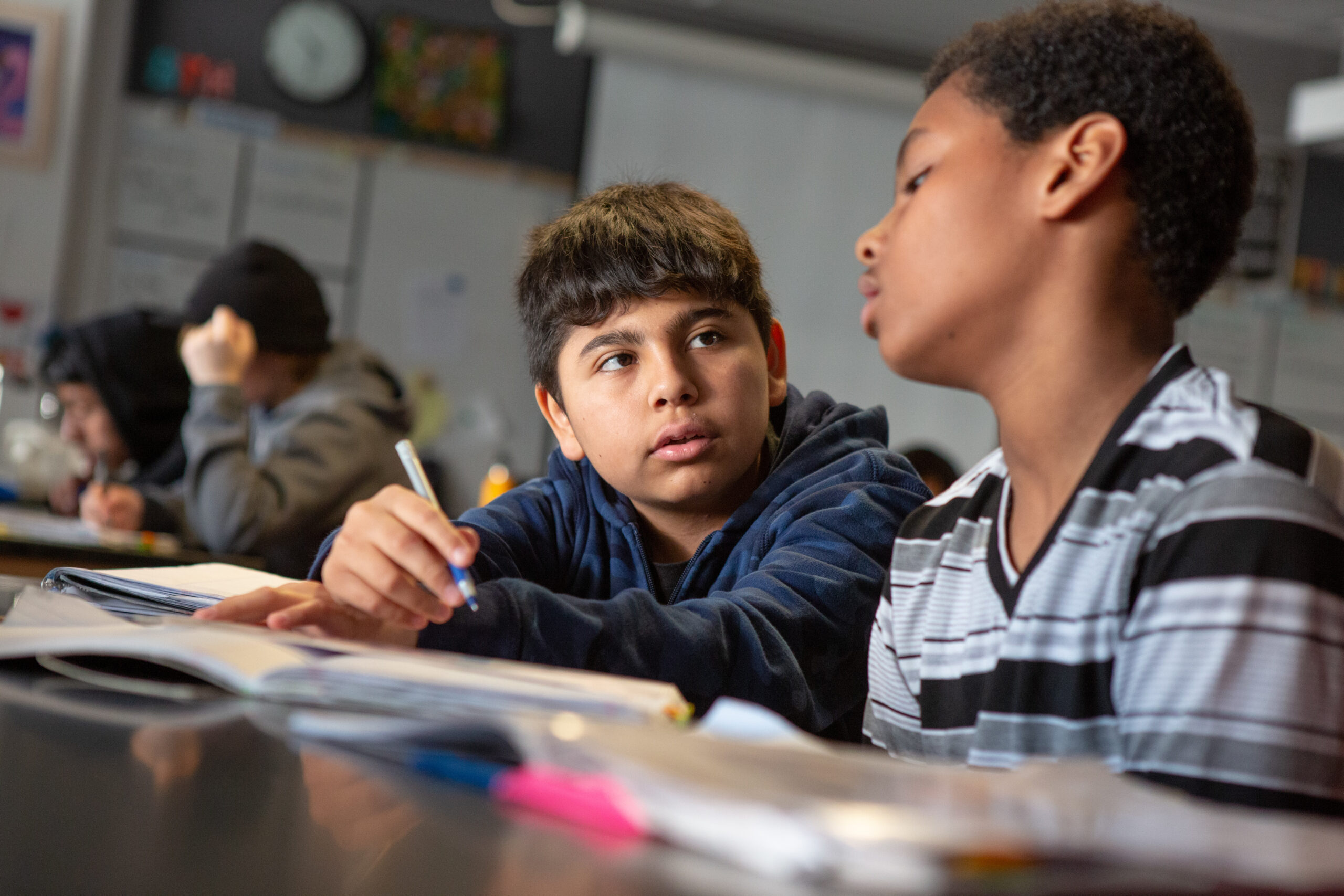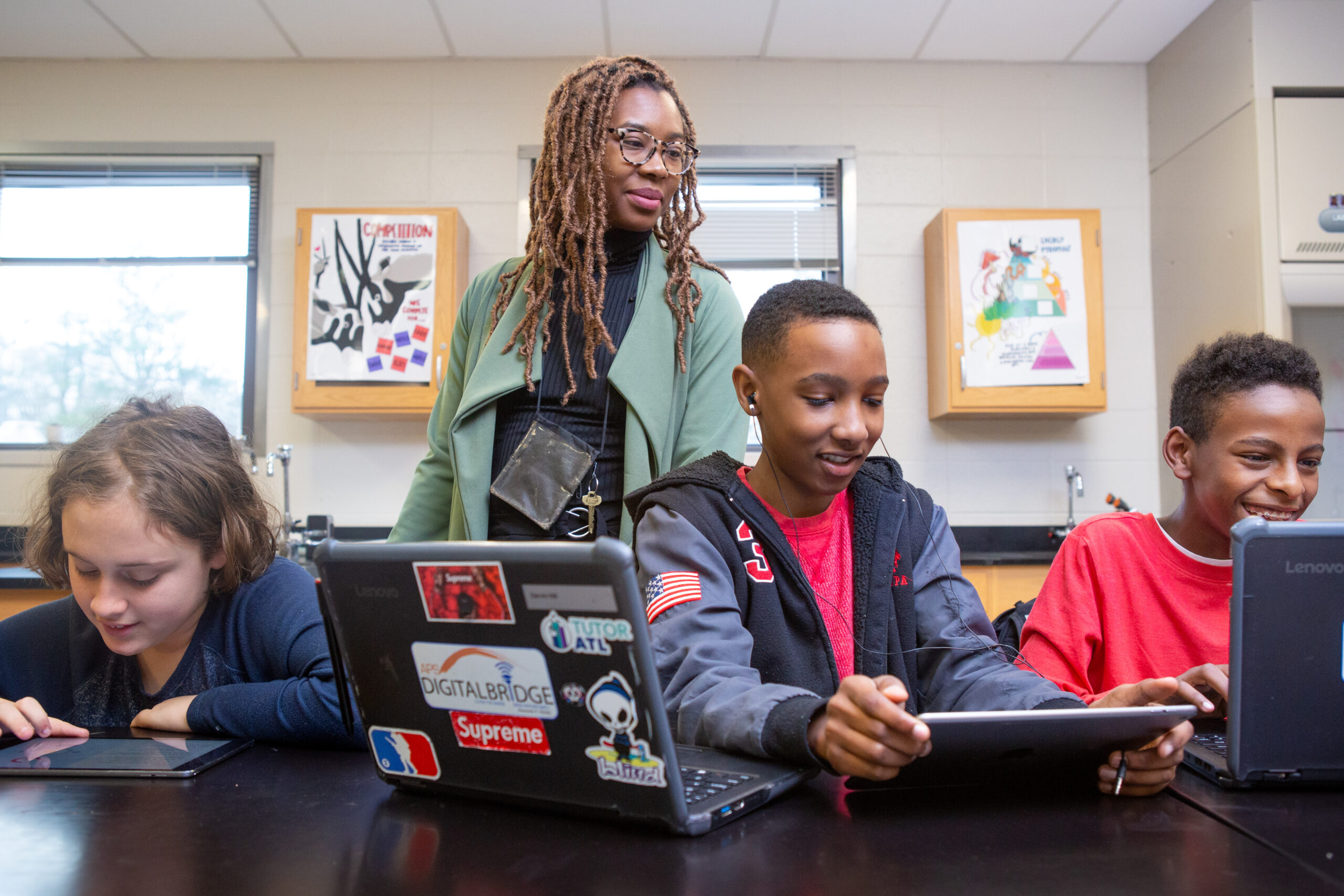DESCRIPTION
Embark on a journey through the first installment of a captivating three-part webinar series, delving deep into climate change policies and preparedness within the TK-12 Education System. Developed through a dynamic collaboration between Undaunted K12 and Ten Stands, this series promises insightful exploration and actionable strategies.
In this first session, the San Mateo County Office of Education (SMCOE) and the San Diego County Office of Education (SDCOE) will address the increasing threat of climate emergencies to our schools and communities. Accompanied by subject matter experts from the California Department of Education (CDE) and the California Governor’s Office of Emergency Services (CalOES), we aim to provide a comprehensive perspective on this pressing issue.
Key discussion points for this session include:
- Understanding and managing the impact of climate-related emergencies can be daunting, but you’re not alone.
- Integrating a climate-ready mindset and resilience practices into emergency management strategies can empower school communities to adapt effectively to the challenges posed by climate change.
- Demonstrating that achieving climate resilience in schools is feasible and essential for the well-being of our communities.
PRESENTERS
Nancy Magee – County Superintendent of Schools, San Mateo COE
Time Ware – Coordinator for School Safety and Security, San Diego COE
Joe Anderson – Staff Service Manager II ( Emergency Services), CDE
Danielle Chapman – Emergency Service Coordinator, CalOES
SESSION MATERIALS
ARCHIVED VIDEO
RESOURCES
- Disaster Days report from CalMatters (data is from 2002-2019)
- CA Climate Resilient Schools Report
- CA Climate Resilient Schools Policy Forum
- CalOES California Emergency Management for Schools – A Guide for Districts and Site
- Recent flooding in San Diego schools video
- San Diego County Multi-jurisdictional Hazard and Mitigation Plan
- SDCOE’s Decision Tree
- SMCOE’s Coalition for Safe Schools and Communities website
- SMCOE’s The Big Five
- SMCOE’s Guidance concerning air quality
- SMCOE’s Decision-Making Guide for School Closure








